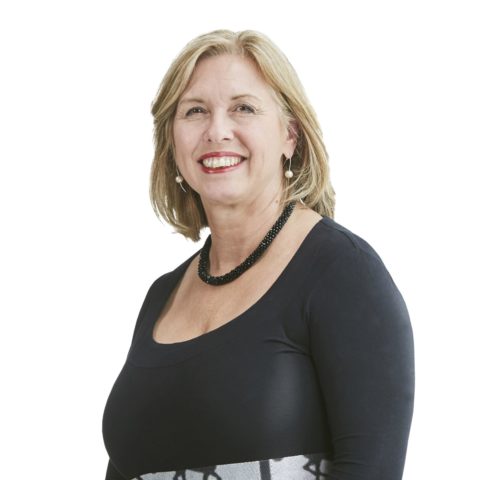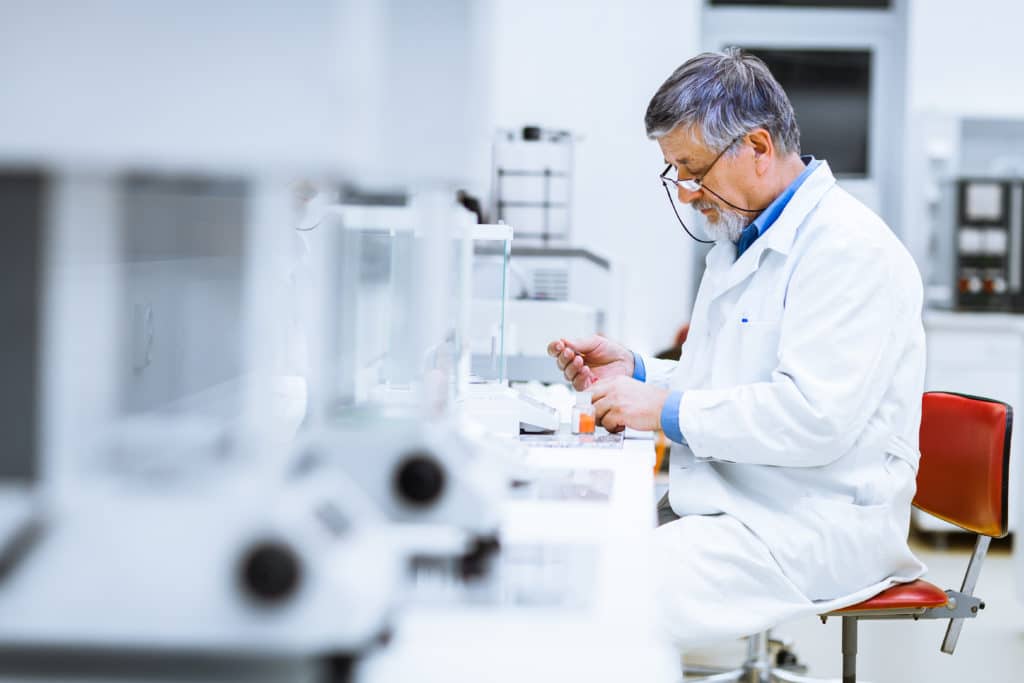Why Does Research Take So Long?
We may ask why it takes so long. It’s very important that when we do research, we do research in a very structured way to ensure that the developments that we have – whether that be a drug or a new treatment for cancer – really is of the best benefit that we can have for the patient.
We hear on the radio or on the television about something new that’s been found in the laboratory and yet it’s often many many years before that translates into better patient care. Research is a process that often starts with an observation in a patient.
That in itself may take many years in the lab, and from there to actually put things back into the clinic where we can use that finding will take many more years, and those years are due to us doing things called cancer clinical trials. Of course, clinical trials is what our organisation is all about.
So clinical trials are often said to be in three phases: the first phase of the development of a new treatment for cancer is called a Phase 1 clinical trial where we’re really looking at the safety of a new agent or a new procedure.
That can often be in quite a short time frame in a small number of people. But then we have to try to get the dose right whether that’s the dose of a drug or the particular intervention exactly right. And then we put it into much bigger trials called Phase 3 clinical trials.
In this setting we need to compare our new treatment with the conventional treatment that we have for the cancer and see if it’s better or perhaps has a better side effect profile. To get this answer can take us quite a number of years and it’s not until then that we can then go to the authorities, to the funding agencies, to governments, and see whether this treatment can actually be used in our population of patients.
Listen to the podcast
Professor Christobel Saunders explains why the research process is a long one, and the different phases of clinical trials.
Support Us
Help us to change lives through breast cancer clinical trials research




